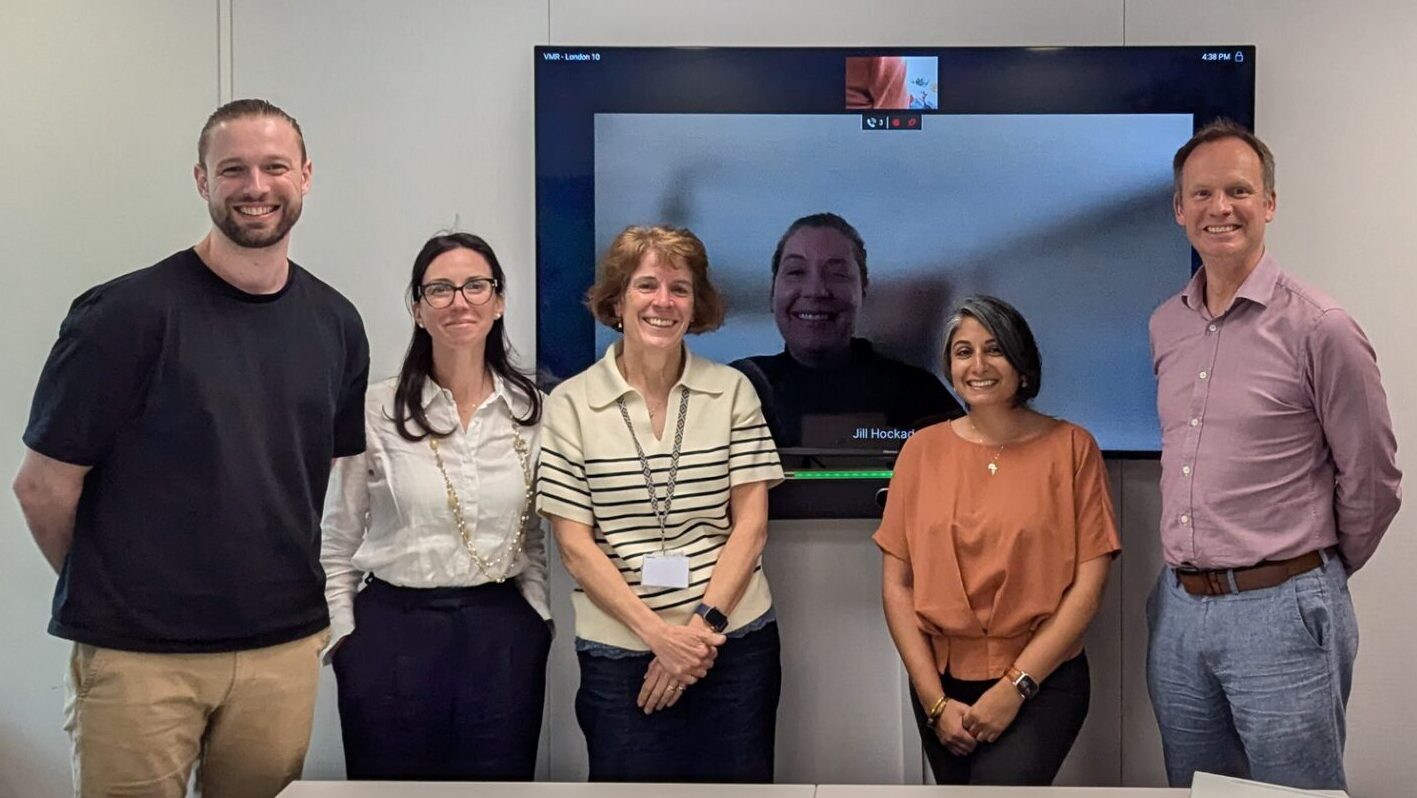Centre for Species Survival: Human Dimensions
Linking the health and livelihoods of local communities with the conservation and sustainable use of wild species
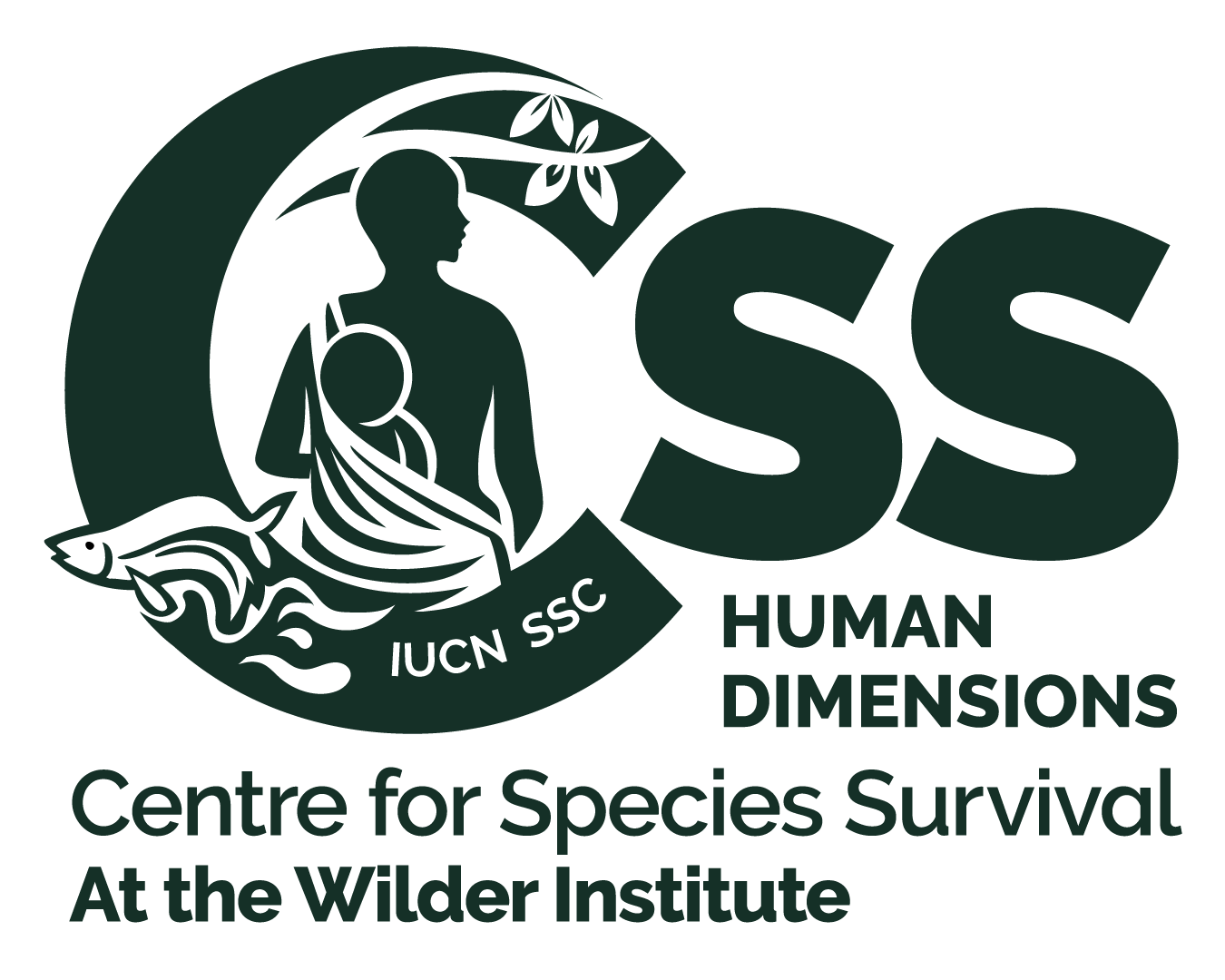
Advancing Inclusive Conservation in Canada and Beyond
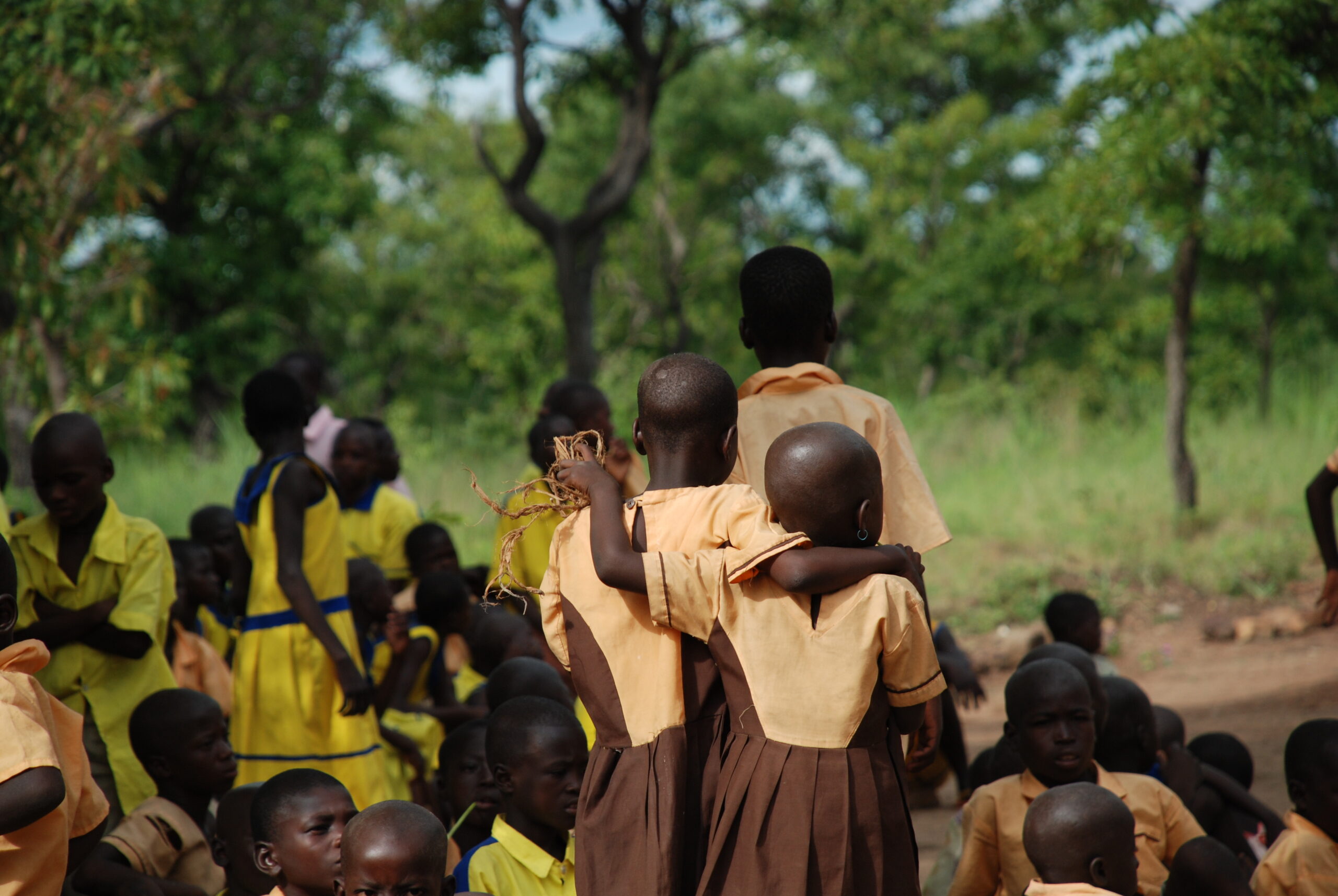
The IUCN’s (International Union for Conservation of Nature) Centre for Species Survival (CSS) on Human Dimensions, led by the Wilder Institute, is the first of its kind in Canada—and the first globally to focus specifically on the integration of human health, sustainable use and livelihoods in wildlife conservation.
What is an IUCN Centre for Species Survival?
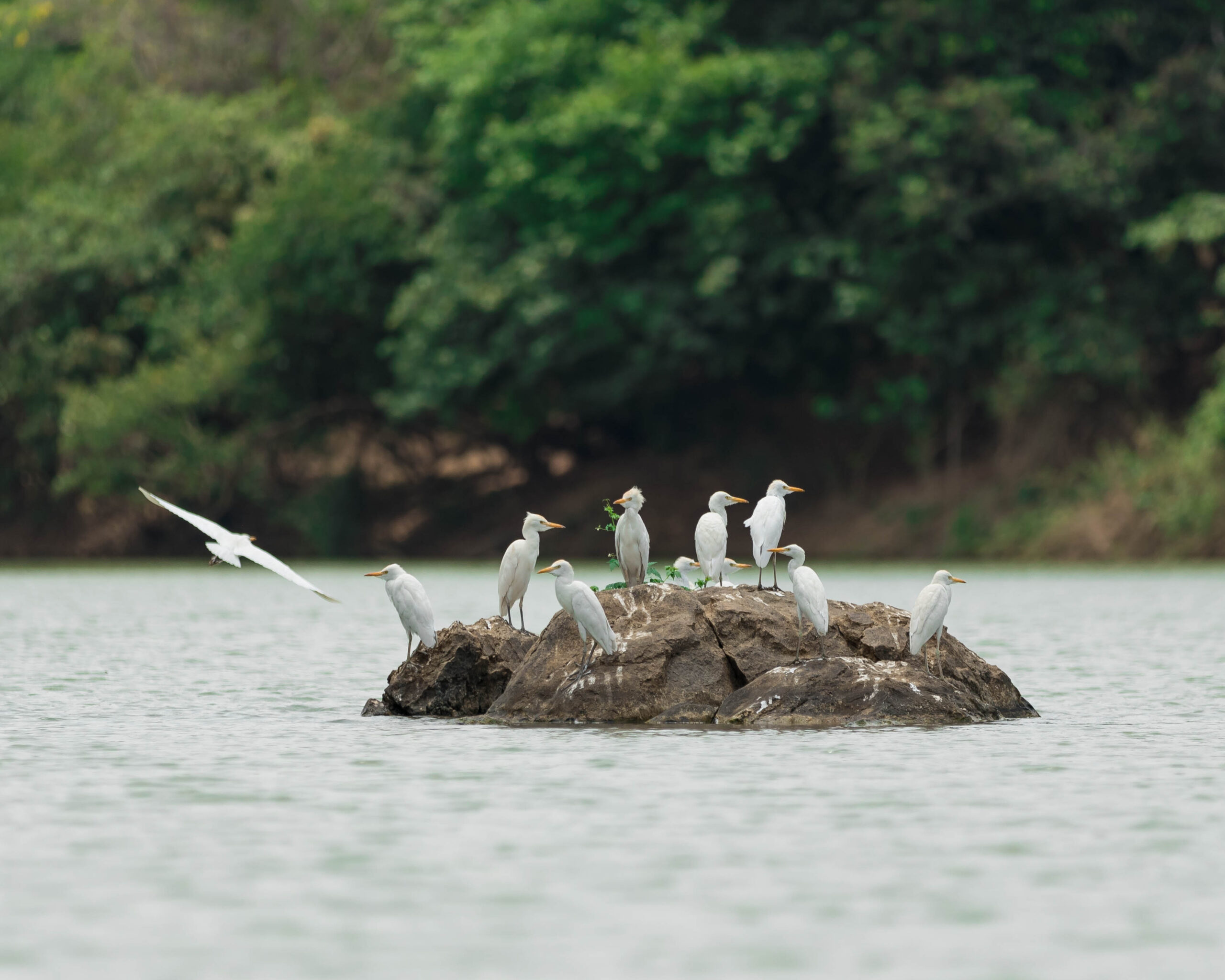
IUCN Centres for Species Survival form part of a global network, developed in partnership with the IUCN Species Survival Commission (SSC) to address urgent conservation challenges and support the implementation of the IUCN’s species conservation strategies around the world.
Why was the IUCN CSS on Human Dimensions developed?
While humans are inextricably linked to species survival, most existing IUCN CSS’s have focused on specific species groups or geographic regions. Led by the Wilder Institute and hosted in Canada, the new IUCN CSS on Human Dimensions will address the critical—but often under-resourced social and cultural aspects of conservation. Our CSS is unique as it focuses on the connections between people and wildlife for co-benefits of species conservation and how human-centred actions and holistic conservation interventions can simultaneously support species conservation and human health, wellbeing and socio-economics.
Our Focus
Developed in close collaboration with the IUCN Species Survival Commission (SSC)—particularly the CEESP-SSC Sustainable Use & Livelihoods Specialist Group (SULi) and the CEESP-SSC Biodiversity & Family Planning Task Force (B&FPTF), the Wilder Institute has led the establishment of a new Centre for Species Survival (CSS) specifically focused on the human dimensions of conservation
Our vision is a world where conservation practice and policy fully integrate human dimensions at its core —supporting the rights of all communities to use and benefit from wild species in a way that maintains healthy wildlife populations, to sustain human livelihoods, and to the fundamental right of universal health coverage
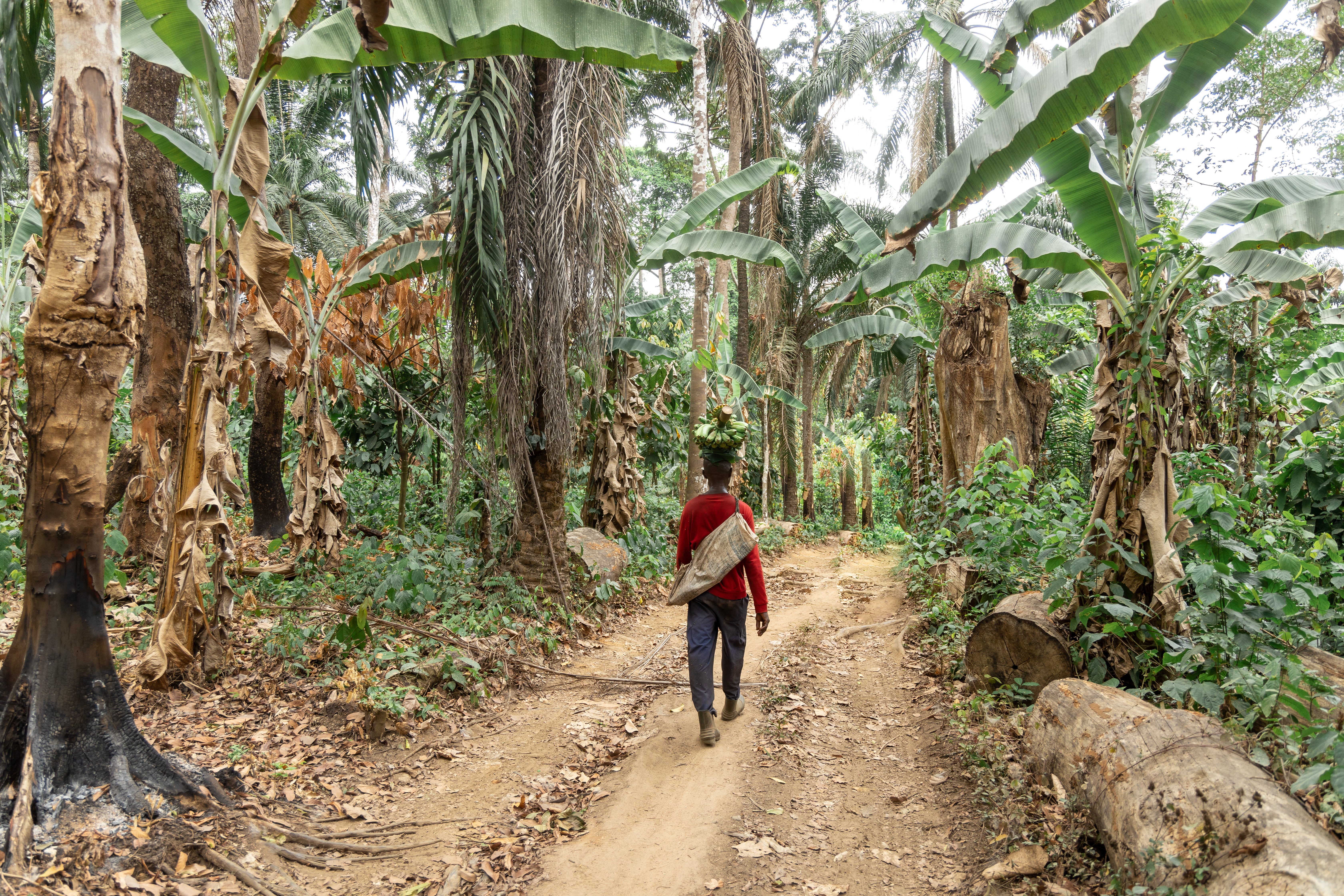
Our Approach
Our approach is to partner with and learn from existing organizations and groups relevant to our specific topic areas. Our work is grounded in inclusive conservation—interweaving Indigenous, local, and western knowledge; shifting power dynamics towards local actors; ensuring all voices are included from idea creation and design through implementation and evaluation; promoting culturally centred and sensitive systems.
We’re building a global hub for knowledge and capacity sharing, starting with key focus areas and evolving as needs grow and emerge. Working with IUCN partners and others, the CSS will aim to provide and increase access and uptake of critical resources, tools, guidance, training and other support to conservation practitioners around the world. The new Human Dimensions Centre will also provide increased capacity and focus for inclusive conservation approaches to the programs directly led or supported by the Wilder Institute.
Our workplan and actions will be guided by a network of and insights from small-scale conservation organizations globally, particularly from the Global South. These organizations can help address barriers to access, identify conservation practitioner groups in need, and highlight emerging topics within the human dimensions space that require further support. We will also consider emerging and newly developing issues and opportunities, based on our recently published Horizon Scan for Community-based Conservation.
A Global Mandate
With a global mandate, the IUCN CSS Human Dimensions will:
- Connect networks and build bridges among conservation organizations, governments, communities, and researchers;
- Identify gaps in conservation planning where assessments, knowledge sharing, or capacity-strengthening is needed;
- Facilitate access to practical tools, training, and best practices—particularly for small to mid-sized, locally-led organizations;
- Create collaborative hubs that share global expertise and best practices to maximize local conservation impacts.
Our Partners
Developed in close collaboration with the IUCN Species Survival Commission (SSC)—particularly the CEESP-SSC Sustainable Use & Livelihoods Specialist Group (SULi) and the CEESP-SSC Biodiversity & Family Planning Task Force (BFPTF) — this initiative brings together experts in conservation biology, human dimensions, Indigenous knowledge, and community engagement to ensure that species survival includes and supports the people connected to the land and wildlife.
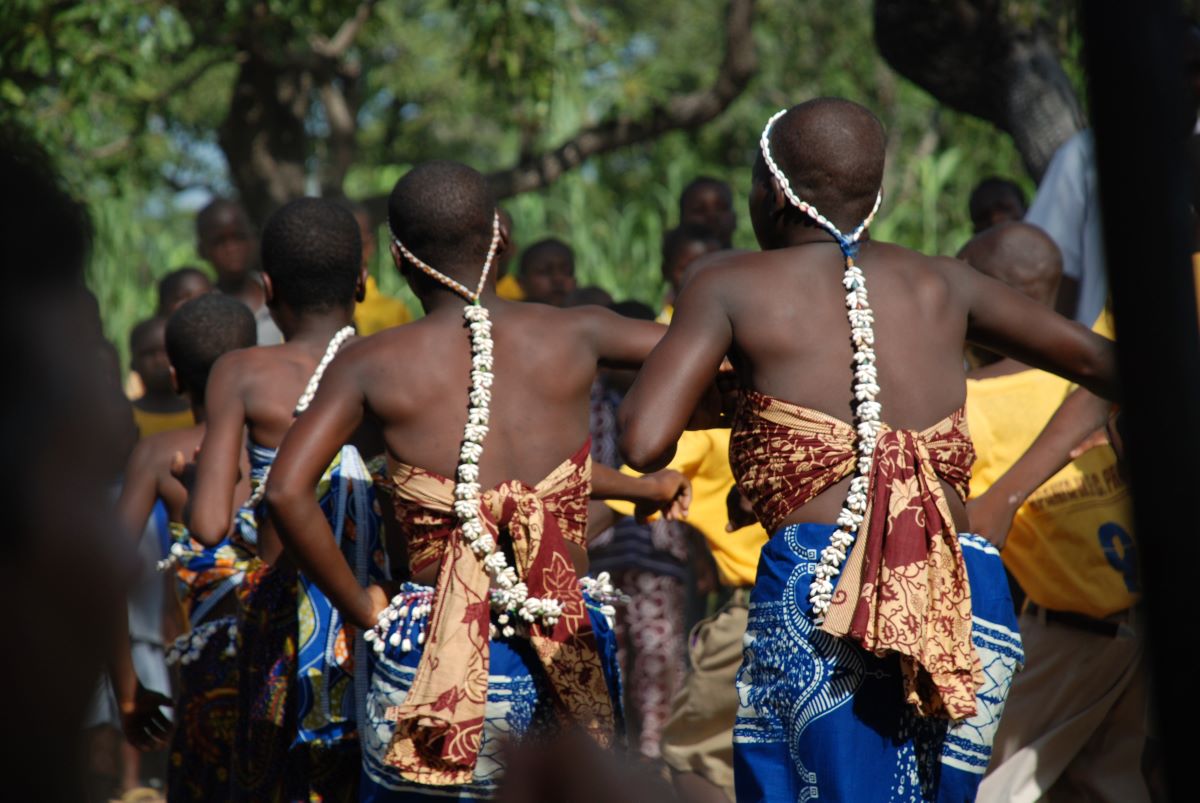
Meet Our Team and Our Partners
Nafeesa Esmail
Senior Advisor Human Dimensions of Conservation, Wilder Institute
Head, Centre for Species Survival
With over 16 years of professional experience across sectors, regions and disciplines, Nafeesa is passionate about pragmatic win-win solutions for both nature and people. Past and current programs she has designed, developed, implemented or advised on span across biodiversity-friendly agriculture, locally co-managed marine areas and sustainable fisheries, wildlife trade, human-wildlife (and conservation) conflicts, conservation enterprises, translocations and restoration. Nafeesa is an advocate for evidence to inform action at all levels from local to policy, as well as Indigenous-led, community-led and women-led initiatives so to decolonise conservation and intentionally integrate equity, inclusion and diversity into conservation strategies.
Jill Hockaday
Conservation Programs Communications Advisor, Wilder Institute
Communications Lead, Centre for Species Survival
David Johnson
Co-Chair, IUCN Biodiversity & Family Planning Task Force
Chief Executive, Margaret Pyke Trust
For the last ten years, David has led Margaret Pyke Trust, the only IUCN Member with a primary focus on reproductive health and rights and which works to ensure sectors, in addition to the health sector, promote and support reproductive choice. Prior to his time leading Margaret Pyke Trust, he worked in South Africa to bring together NGOs specialising in sexual and reproductive health and rights, and environmental conservation. He is the co-chair of IUCN’s Biodiversity & Family Planning Task Force and a member of IUCN’s Climate Crisis Commission, Commission on Environmental, Economic & Social Policy, Species Survival Commission and Commission on Ecosystem Management.
Dilys Roe
Chair, IUCN Sustainable Use and Livelihoods Specialist Group
Principal researcher, International Institute for Environment and Development
